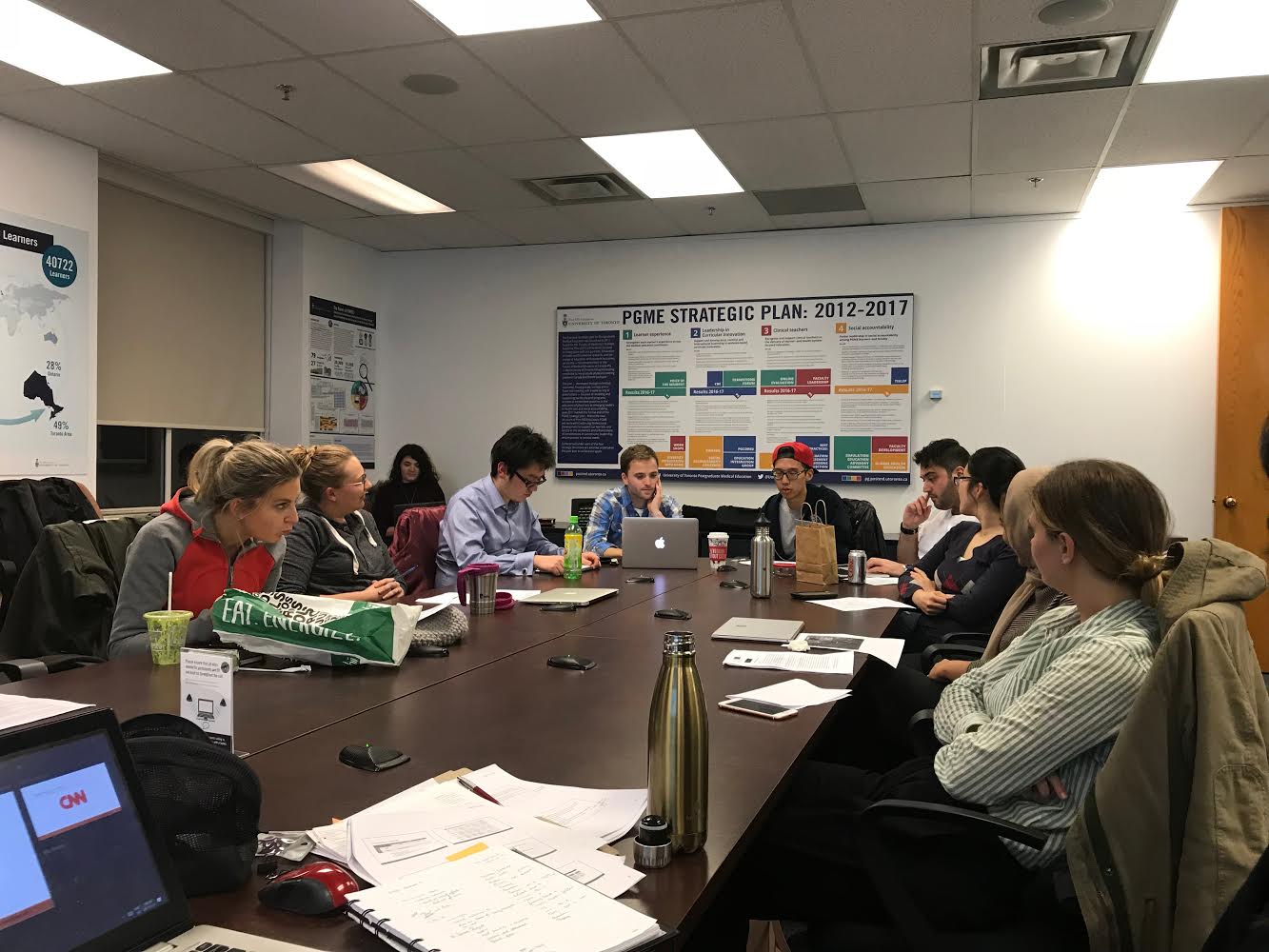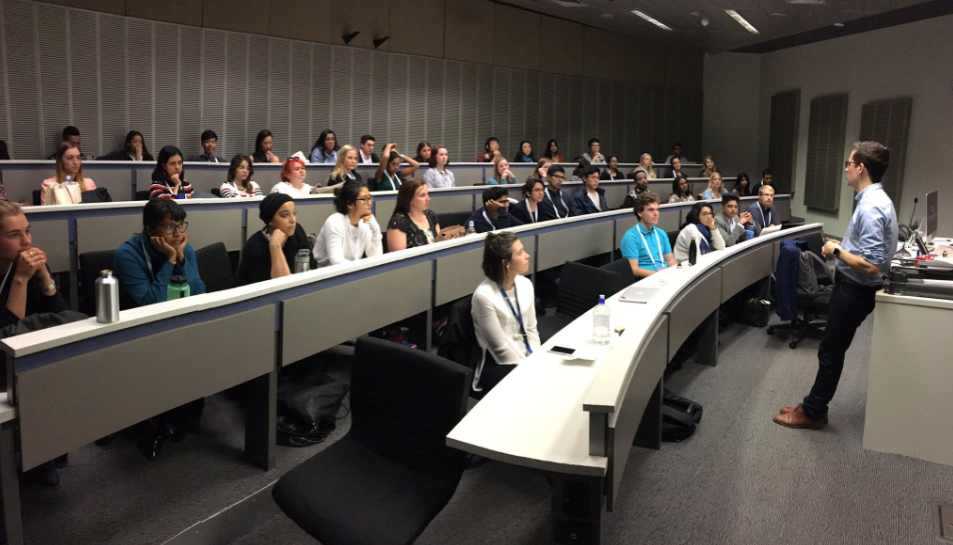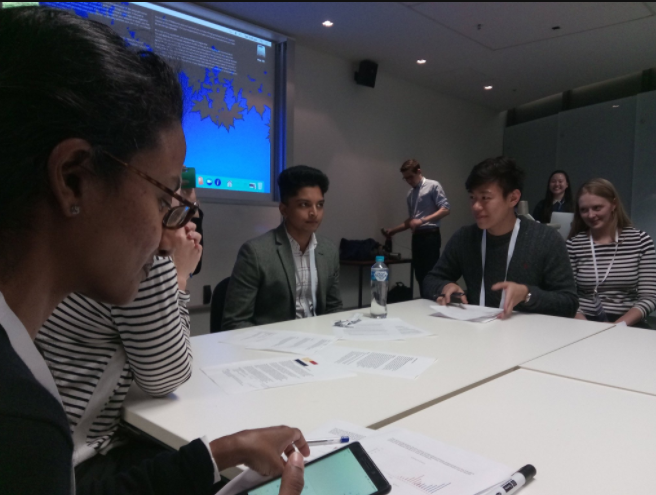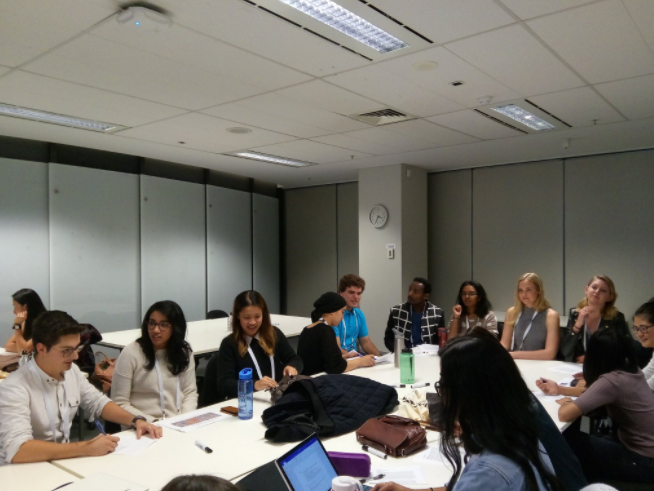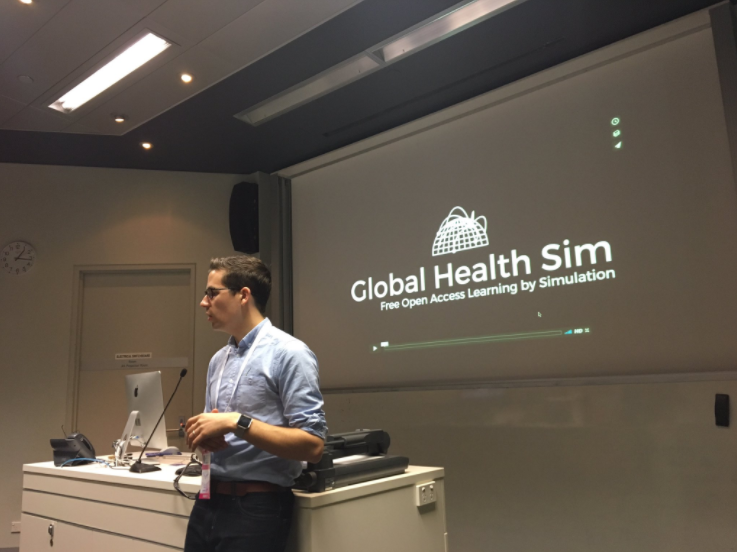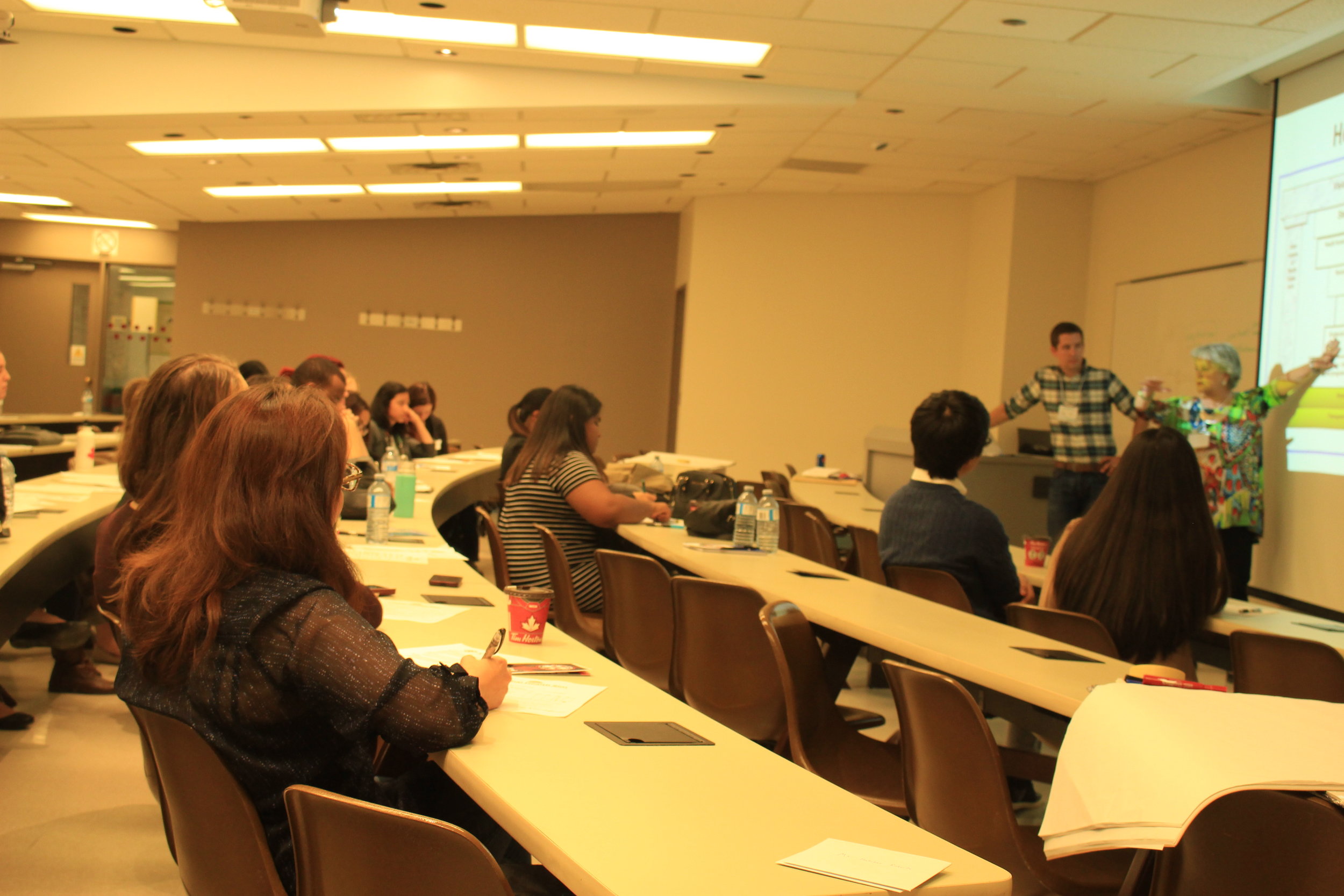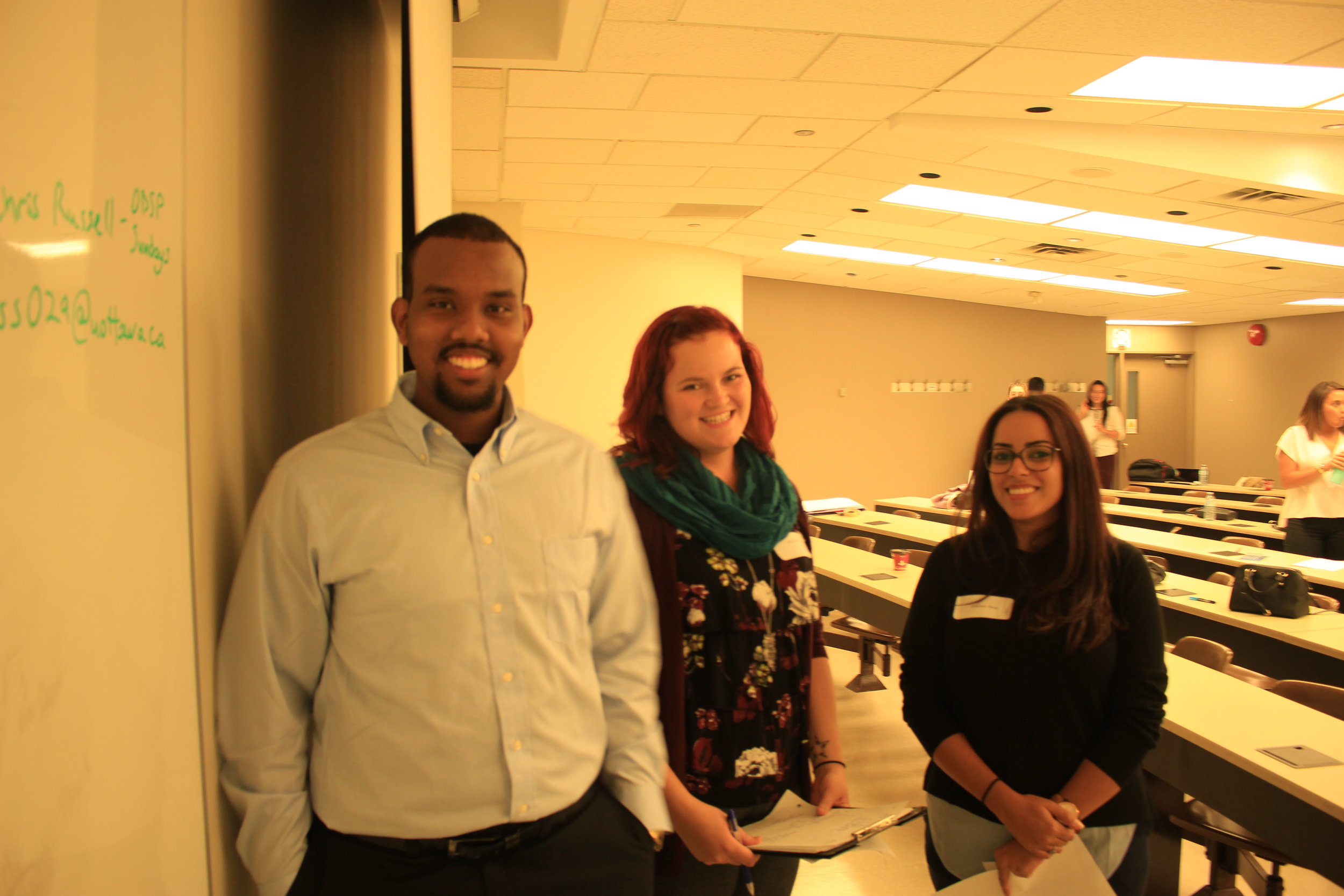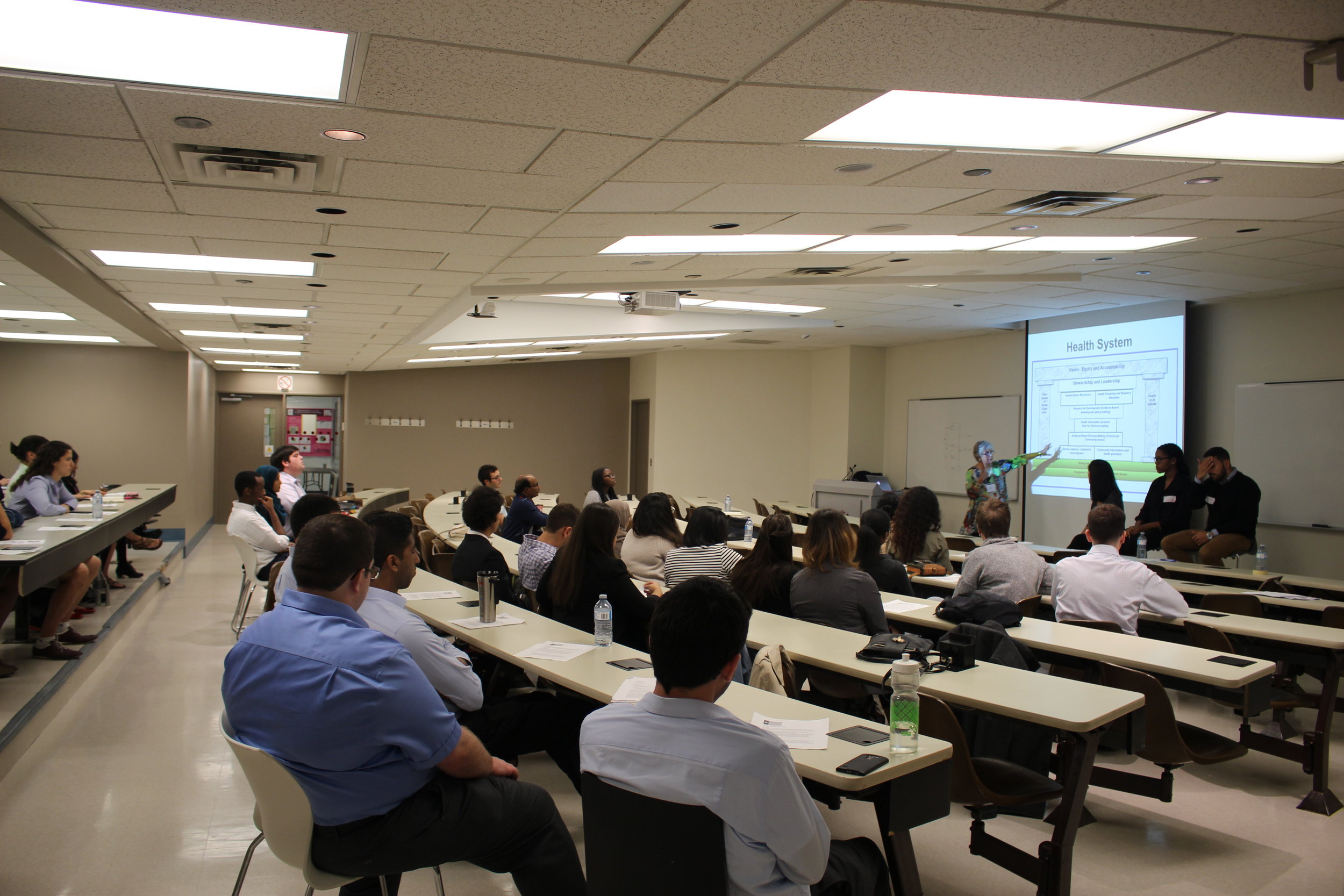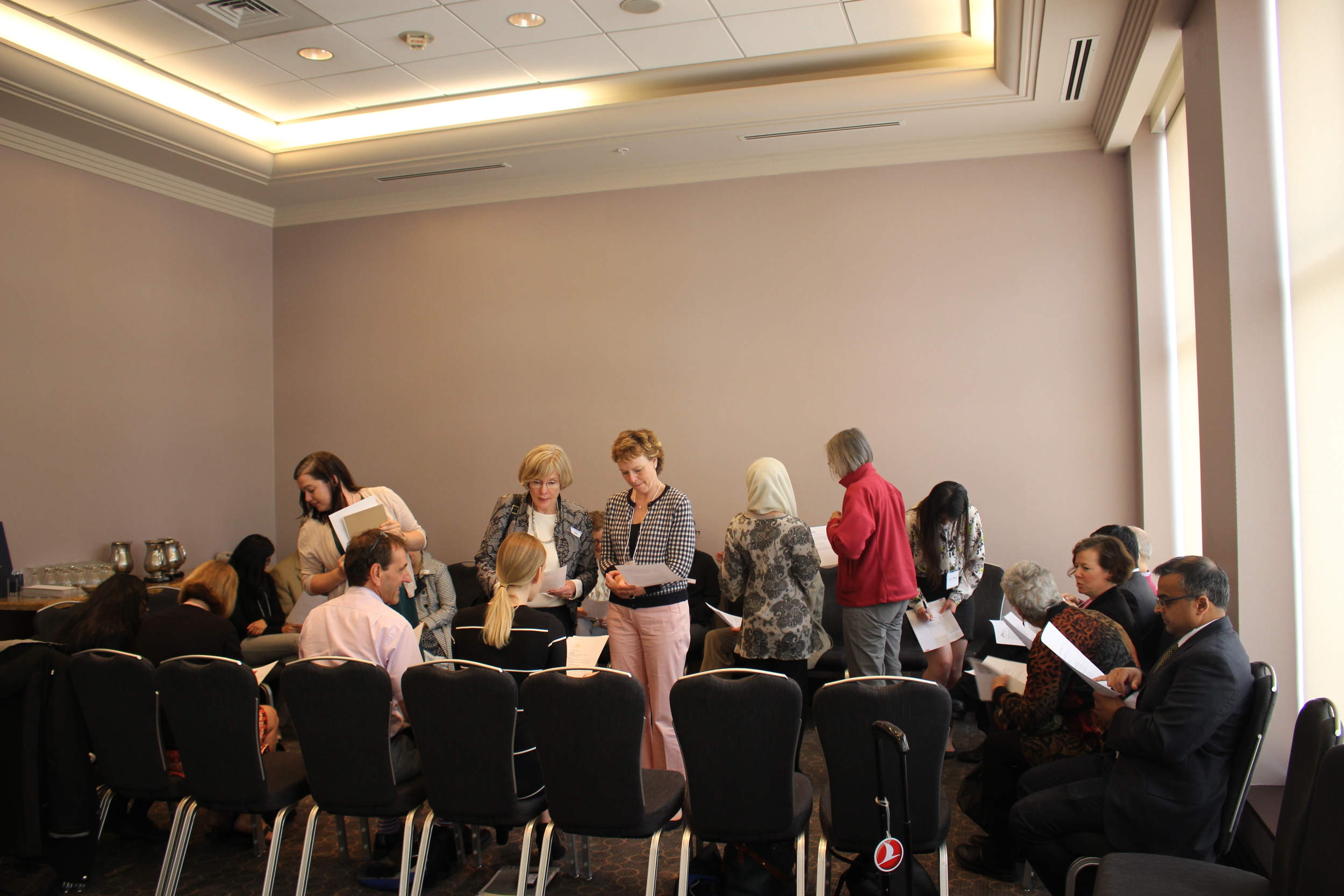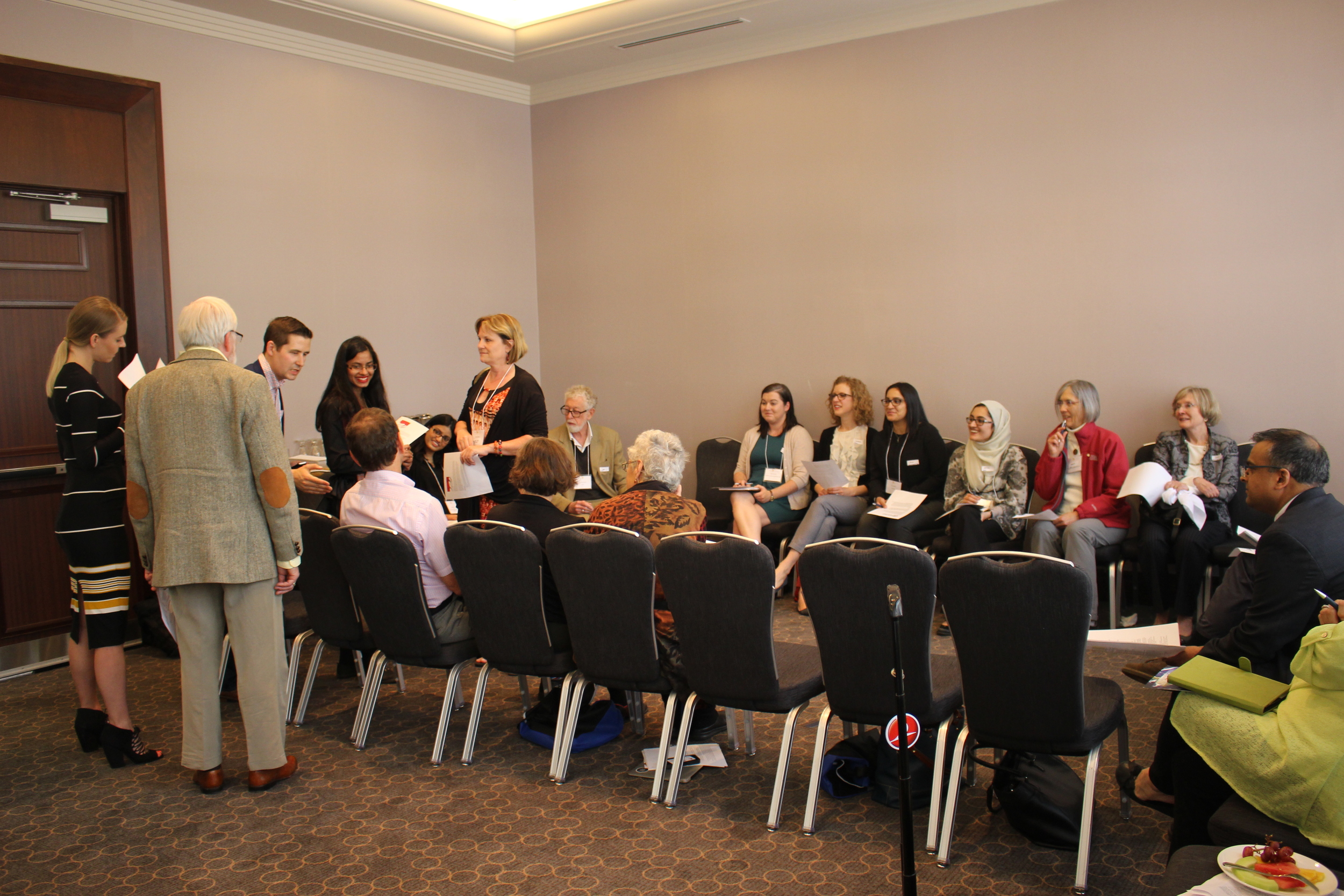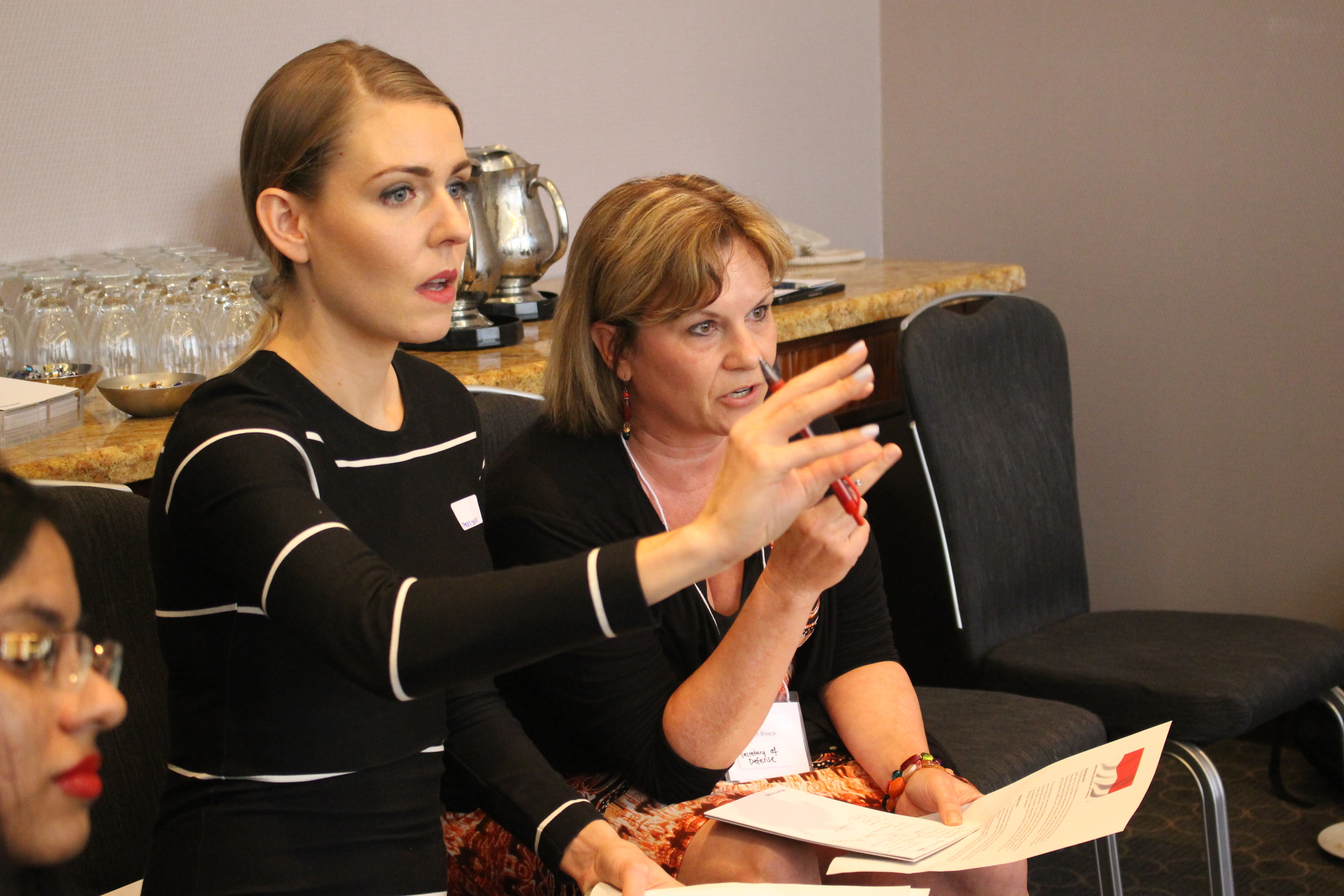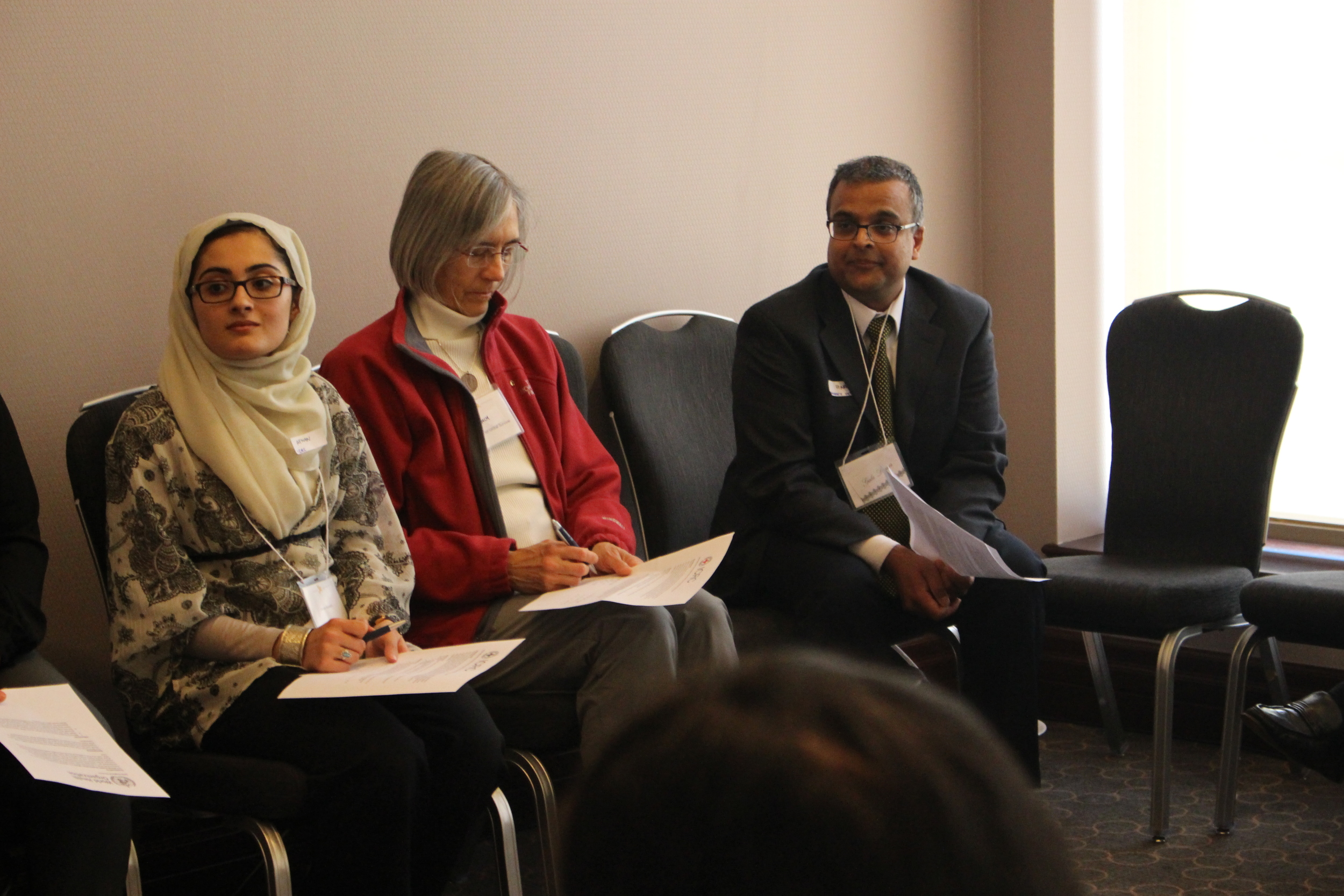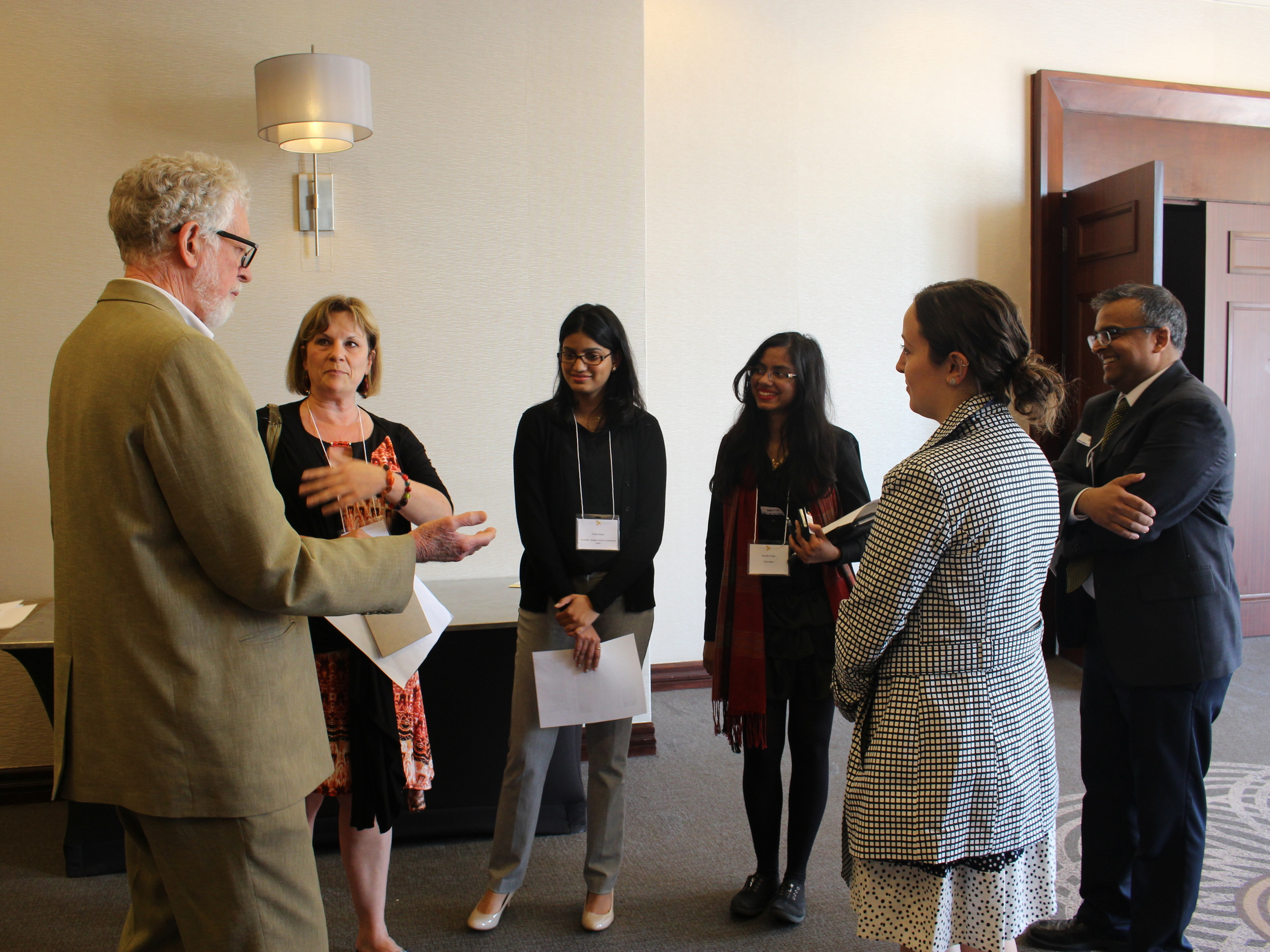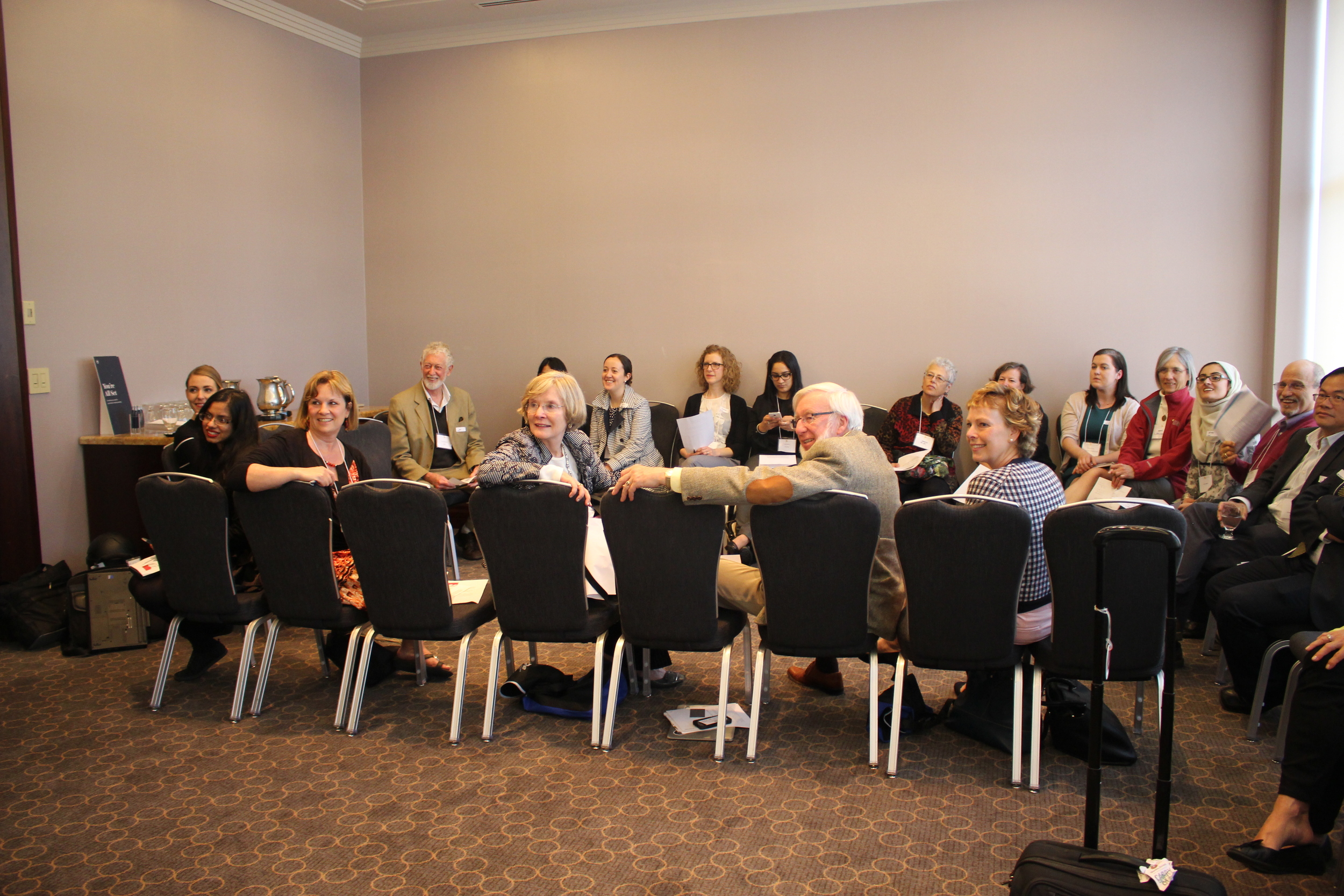Sitting through a lecture. Perhaps slightly sleepy. Perhaps <gasp> scrolling through Facebook.
This sort of distraction from a 'boring' classroom is pretty natural in our highly connected world. We have access to the collective knowledge of our species with just a click on the smart phone that is always sitting in our pocket.
The world has changed. But why hasn't our education system?
To focus education on its traditional roots, the acquisition of knowledge from the teacher a custodian of information to the pupil, is quite simply archaic.
So... have educators lost their place? I don't think so.
But to remain relevant educators must 'invert the classroom' and, instead of being custodians of information, become information facilitators. They must help students learn how to access, appraise and apply information that they can so speedily access.
That is exactly what Global Health Sim is trying to do for global health education. We are seeking to disrupt global health education by inverting the global health classroom and turning global health educators into facilitators. Simulation learning may not totally replace the traditional classroom any time soon, but it is a direly needed supplement.
Students are craving experiential learning. Most jobs require experience; but getting that experience typically requires a job. If we can train the future practitioners of global health in a simulated environment they will be more prepared to take on the global health challenges facing our world when they graduate.
If you're interested in learning more about facilitating Global Health Sims see our Facilitator Course and apply today!
